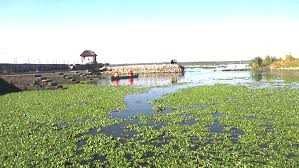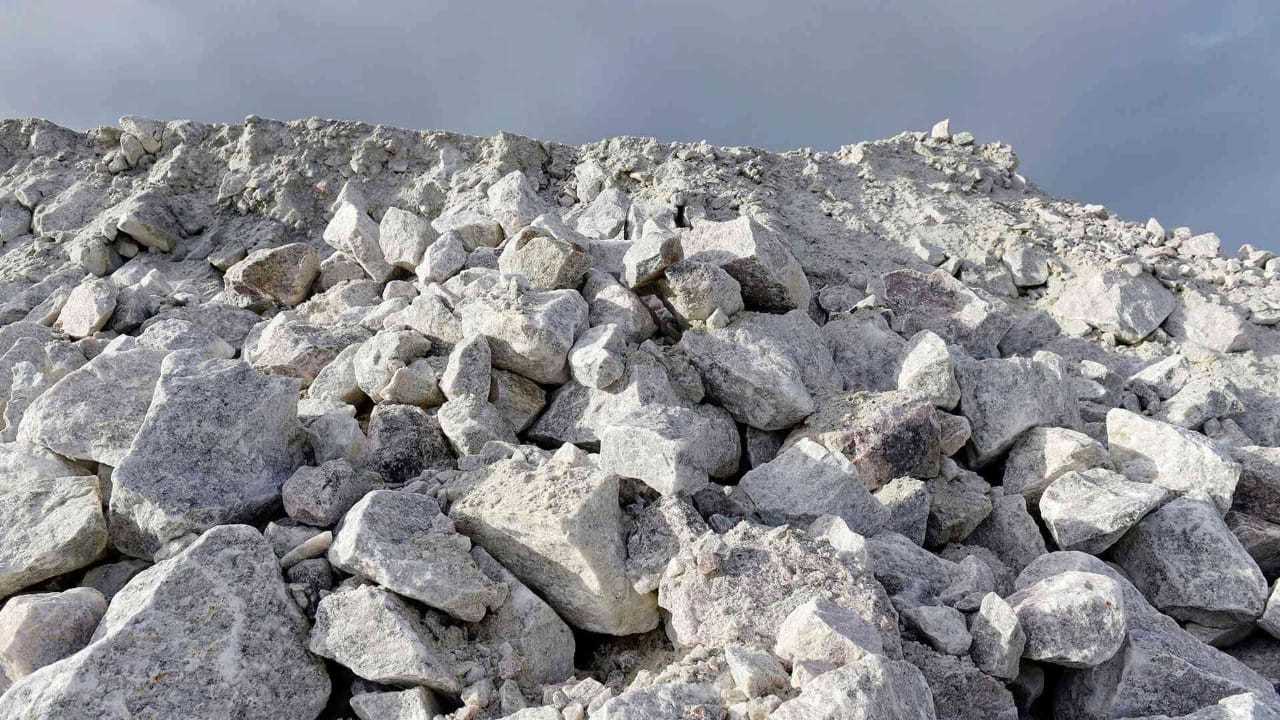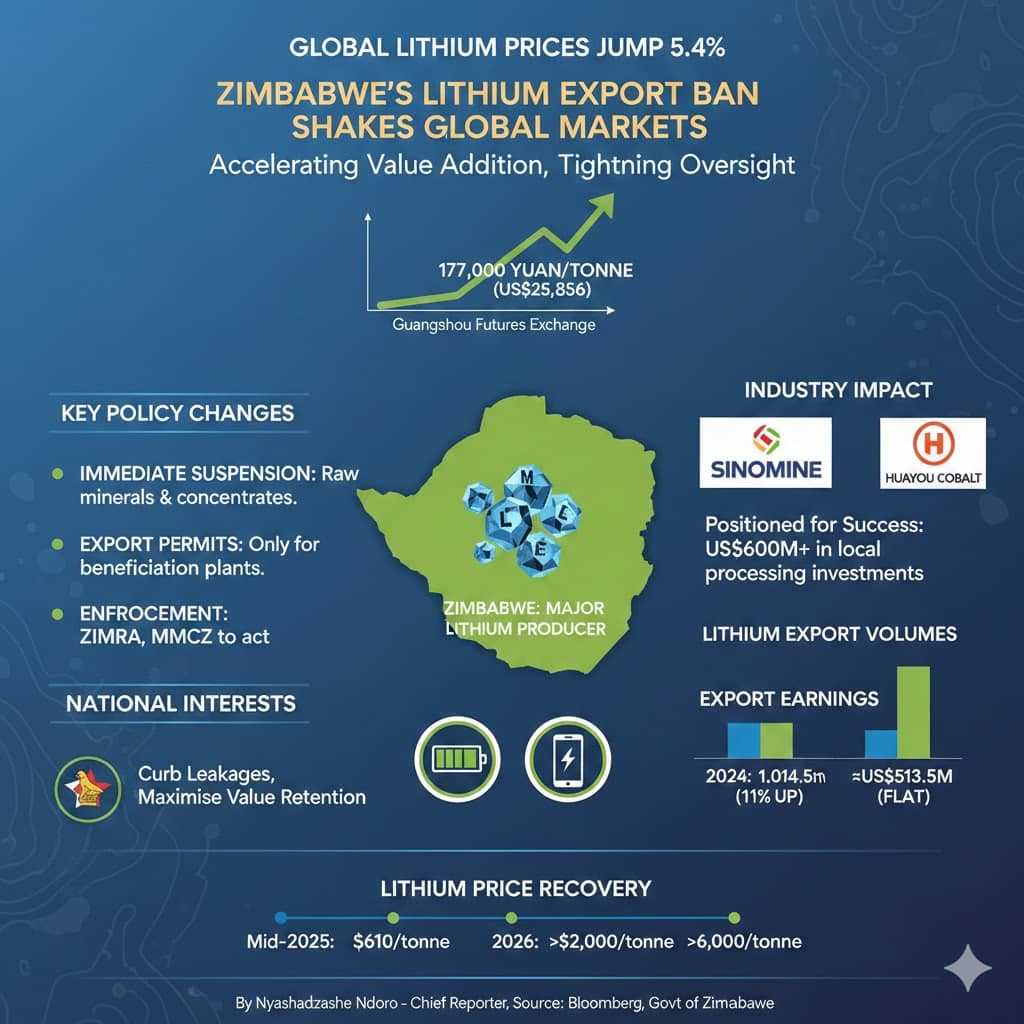
Rutendo Mazhindu – ZimNow Reporter
The Combined Harare Residents’ Association has welcomed the Zimbabwe Human Rights Commission’s decision to subpoena the City of Harare over rising pollution levels in Lake Chivero, citing the local authority’s continued failure to address water contamination.
In an interview with Zim Now, David Pasipanodya, speaking on behalf of the residents, expressed concern over persistent pollution and the lack of decisive action, despite previous tragedies linked to the lake’s deteriorating quality.
“You remember in December last year, we had thousands of fish and some wildlife die as a result of poison in the lake. And we've seen that nothing much has been done by the city authorities to decontaminate the lake,” he said.
Pasipanodya attributed the pollution to ageing infrastructure that allows raw sewage to flow into water sources feeding the lake. He also blamed industrial players for discharging untreated effluent into rivers.
“The city authorities say they face financial challenges in upgrading the infrastructure. At one point, they said they need almost 12 different chemicals, but they are using far fewer because they can’t afford them,” he added.
He accused council officials of failing to reinvest revenue collected from residents into critical infrastructure.
“There are statistics of patients coming to polyclinics and other health institutions being diagnosed with cholera, dysentery, and typhoid. These are waterborne diseases, and we can only attribute them to the city authorities because they are the sole suppliers of public water in Harare,” Pasipanodya said.
Harare City Council spokesperson Stanley Gama told ZimNow that the municipality is cooperating fully with the Commission and remains committed to upholding the law.
Related Stories
“The Commission is doing its work, and we are okay with that. The City will always respect the laws of the land, which is why we attended the meeting,” Gama said.
He noted that multiple factors contribute to the pollution of Lake Chivero, including illegally constructed settlements near rivers and the lake itself.
“There are many reasons, but one of the main causes is illegally built houses and settlements which dispose of waste into rivers that end up in the lake. Lake Chivero is part of the City of Harare’s sewer treatment system, so sewage needs to be treated first before being released and recycled,” he explained.
Gama argued that Harare is not the only local authority using Lake Chivero and questioned why the capital is being solely blamed.
He maintained that the quality of Harare’s tap water remains high despite the challenges.
“We spend in excess of US$3 million treating water for human consumption. Our tap water meets SAZ and WHO standards. Anyone is free to have the water tested independently,” he said.
He also pointed out that the water source itself has become inadequate due to population growth.
“Our source of water, Lake Chivero, has become too small. It was built in the 1950s for up to 200,000 people but now serves over four million. We need new water sources as soon as possible,” said Gama.
He urged the central government to assist in funding capital projects.
“Government must also fund capital projects like sewer treatment plants and new sewer lines, which cost tens of millions, and residents can’t fund this alone,” he added.



















Leave Comments